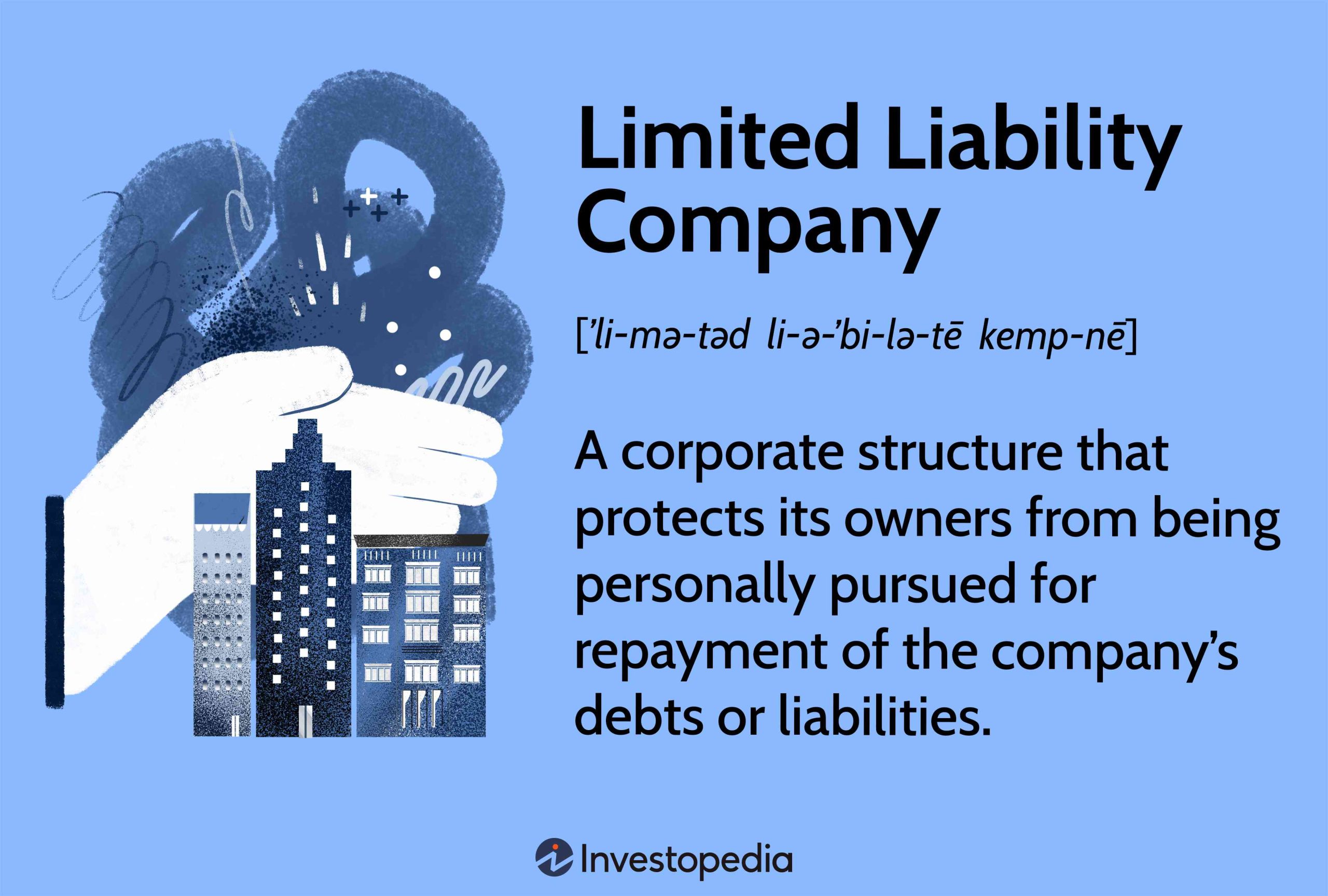Benefits of a Limited Liability Company (LLC)
Welcome to our comprehensive guide on the benefits of a Limited Liability Company (LLC). In this article, we will delve into the advantages that an LLC structure offers to businesses and entrepreneurs. By understanding the benefits of forming an LLC, you can make an informed decision about whether it is the right choice for your business.
Asset Protection
One of the primary advantages of forming an LLC is the protection it provides for your assets. As a separate legal entity, an LLC shields your assets from the liabilities and debts of the business. This means that if your LLC faces a lawsuit or incurs debts, your assets such as your home, car, or personal savings are generally protected.
Tax Flexibility
LLCs offer a great deal of flexibility when it comes to taxes. By default, an LLC is considered a “pass-through” entity for tax purposes. This means that the profits and losses of the business pass through to the individual owner’s tax returns. As a result, the LLC itself does not pay federal income taxes. This flexibility allows LLC owners to avoid the double taxation that is often associated with corporations.
Simple Management and Administration
Compared to other business structures, LLCs have a simpler management and administration process. Unlike corporations, LLCs are not required to hold regular meetings or follow strict record-keeping procedures. This makes the day-to-day operations of an LLC more straightforward and less burdensome. Additionally, LLCs offer more flexibility in terms of ownership and management structure, allowing for a customized approach that suits the needs of the business.
Increased Credibility
Forming an LLC can enhance the credibility of your business. By having “LLC” in your company name, it demonstrates to clients, customers, and partners that you have taken the necessary steps to establish a formal and legitimate business entity. This can instill trust and confidence in your brand, potentially attracting more customers and business opportunities.
Continuity and Transferability
Unlike sole proprietorships or partnerships, LLCs offer continuity and transferability. The LLC structure allows for the seamless transfer of ownership interests to new members or partners. In the event of the death or departure of an owner, the LLC can continue to operate without disruption, providing stability and peace of mind for both the business and its owners.

In conclusion, forming a Limited Liability Company (LLC) can provide numerous benefits for businesses and entrepreneurs. From asset protection and tax flexibility to simplified management and increased credibility, the advantages of an LLC make it a popular choice for many. By understanding these benefits, you can make an informed decision about whether forming an LLC is the right move for your business.
Remember, it is important to consult with a legal or financial professional to ensure that an LLC is the most suitable business structure for your specific circumstances. With the right guidance and knowledge, you can harness the benefits of an LLC and set your business on a path to success.
Frequently Asked Questions about the Benefits of an LLC
1. What is an LLC?
An LLC, short for Limited Liability Company, is a legal business structure that combines the flexibility of a partnership with the limited liability protection of a corporation.
2. What are the advantages of forming an LLC?
Forming an LLC offers personal liability protection, pass-through taxation, flexibility in management, and ease of formation and operation.
3. How does an LLC provide personal liability protection?
An LLC separates the personal assets of its owners from the business’s liabilities, protecting their savings and property from business-related debts and lawsuits.
4. What is pass-through taxation?
Pass-through taxation means that the LLC’s profits and losses are passed through to the owners’ personal income tax returns, avoiding the double taxation that occurs in corporations.
5. Can an LLC have multiple owners?
Yes, an LLC can have multiple owners, known as members. It can be owned by individuals, corporations, or other LLCs.
6. Is an LLC easy to form?
Yes, compared to other business structures, forming an LLC is relatively easy and requires fewer formalities. It typically involves filing articles of organization with the state and paying the required fees.
7. Can an LLC choose how it wants to be taxed?
Yes, an LLC has the flexibility to choose its tax treatment. It can be taxed as a sole proprietorship, partnership, S corporation, or C corporation, depending on the owners’ preferences and circumstances.
8. Are there any limitations to an LLC’s liability protection?
While an LLC provides limited liability protection, it does not shield owners from personal liability for their wrongful acts or negligence. Additionally, personal guarantees on loans or debts can also expose owners to liability.
9. Can an LLC continue to exist if an owner leaves or passes away?
Yes, an LLC can have perpetual existence, meaning it can continue to operate even if an owner leaves or dies. The remaining owners can decide whether to admit new members or dissolve the LLC.
10. Can an LLC convert to another business structure in the future?
Yes, an LLC can convert to a different business structure, such as a corporation or partnership, if the owners’ needs or circumstances change. The conversion process varies by state and may require filing specific forms.




